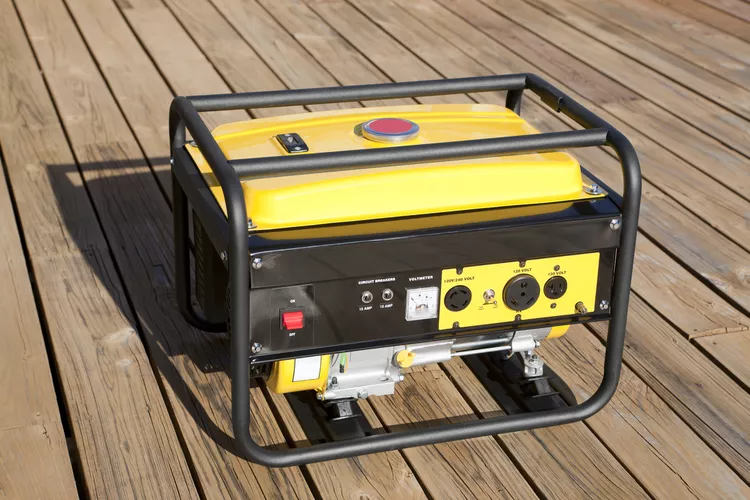A Brief Guide on RV Generators for Beginners
A Brief Guide on RV Generators for Beginners
You won’t always find yourself camping in an RV park with full utility hookups. There are many situations in the world of RVing where you won’t be able to rely on shore power for all your creature comforts. In these scenarios, it’s essential to have a reliable source of power. One of the staples in the RV world is generators. With a myriad of RV generators available, it may be challenging for a rookie RVer to know the best option. Let’s dive into RV Generators 101.
RV Generators 101
Types of RV Generators
Before delving into specific RV generators, it’s important to consider non-RV specific portable generators. If you’re towing a smaller unit, it might not be necessary to invest in an RV-specific generator. Smaller travel trailers, teardrop trailers, fiberglass eggs, and several pop-up campers can operate on less expensive portable generators.
To determine if a portable generator will suffice for your RV, you need to evaluate your power consumption.
Propane Powered RV Generator
As the name suggests, a propane RV generator uses propane as its fuel source to convert to electricity.
- Pros: Clean burning, propane is generally less expensive than other generator types. Furthermore, due to their efficient combustion, propane generators typically have a longer lifespan compared to other RV generators.
- Cons: Propane generators generally provide less power than gasoline or diesel models, necessitating careful monitoring of power consumption. Moreover, they can deplete a tank of propane rapidly, requiring frequent visits to refill stations.
Gasoline Powered RV Generator
- Pros: Gasoline is widely available, making it easy to refill a gasoline-powered generator or keep reserve fuel on hand. Gas generators also tend to deliver more power than propane models, allowing you to operate multiple appliances simultaneously.
- Cons: Gasoline is “dirtier” than propane, containing more impurities, which can shorten the lifespan of gas-powered generators. Leftover fuel shouldn’t be stored in the generator to prevent clogging. While generally safe, gasoline generators can be less environmentally friendly.
Diesel Powered Generator
- Pros: Diesel generators are known for being the most powerful options available. If your RV runs on diesel fuel, this generator aligns perfectly as it utilizes a single fuel source. Diesel generators are cleaner-burning compared to gasoline models.
- Cons: Diesel fuel tends to be significantly more expensive than gasoline or propane and may be less accessible. Additionally, diesel generators usually have a higher upfront cost.
Choosing the Right RV Generator
Several factors need careful consideration when selecting the most suitable RV generator for your setup.
What Type of RV?
The type of RV you own is one of the chief determinants. If your RV operates on diesel, you likely have numerous appliances, making a diesel generator a necessity. Alternatively, for mid-sized RVs with moderate power needs, a gasoline-powered generator would be ideal. If your requirements are minimal, a propane generator might serve you best.
To accurately assess your power needs, you should document your appliances along with their wattage requirements. Sum these numbers to obtain an estimate of your overall power consumption, which will be crucial during your generator shopping process.
Pro Tip: Many appliances consume a surge of power upon startup, particularly air conditioning units. It’s wise to add a small buffer when calculating your wattage requirement.
What Type of Fuel?
If you are sensitive to odors, a propane generator may be the best choice as it is the cleanest-burning fuel, followed by diesel and gasoline. Propane offers the most eco-friendly option and is convenient for travel, as it’s easy to refill on the go.
In summary, generators can significantly enhance your RV experience. By understanding your power requirements and preferred fuel type, you can find the most suitable RV generator for your adventures. Remember to budget for this investment, as quality generators can vary significantly in price based on your specific needs.




